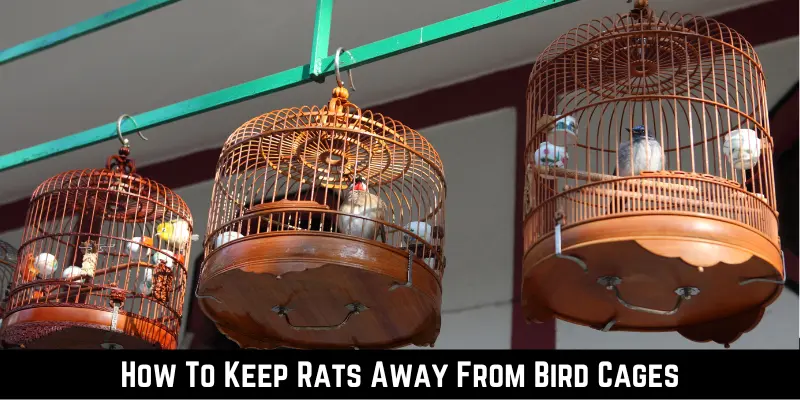Pet birds attract rats. Unfortunately, rats are annoying and gruesome killers of vulnerable animals like birds. If you are a bird lover and own many, you need to understand methods of protecting your birds. Because when rats find a food source, they will probably never leave. At this point, you must be wondering; how to keep rats away from bird cages.
To keep rats away from bird cages, maintain cleanliness, avoid placing dustbins nearby, seal any holes, use cages with narrow mesh, elevate cages, apply rat repellents, clean bird feeders, use rat traps, protect cages from the top, and properly store bird feed.
The birdcages are the easiest target for rats. They get multiple food sources and nesting places which can last for days if not weeks. Therefore, continue reading the article to find more details on the tips.
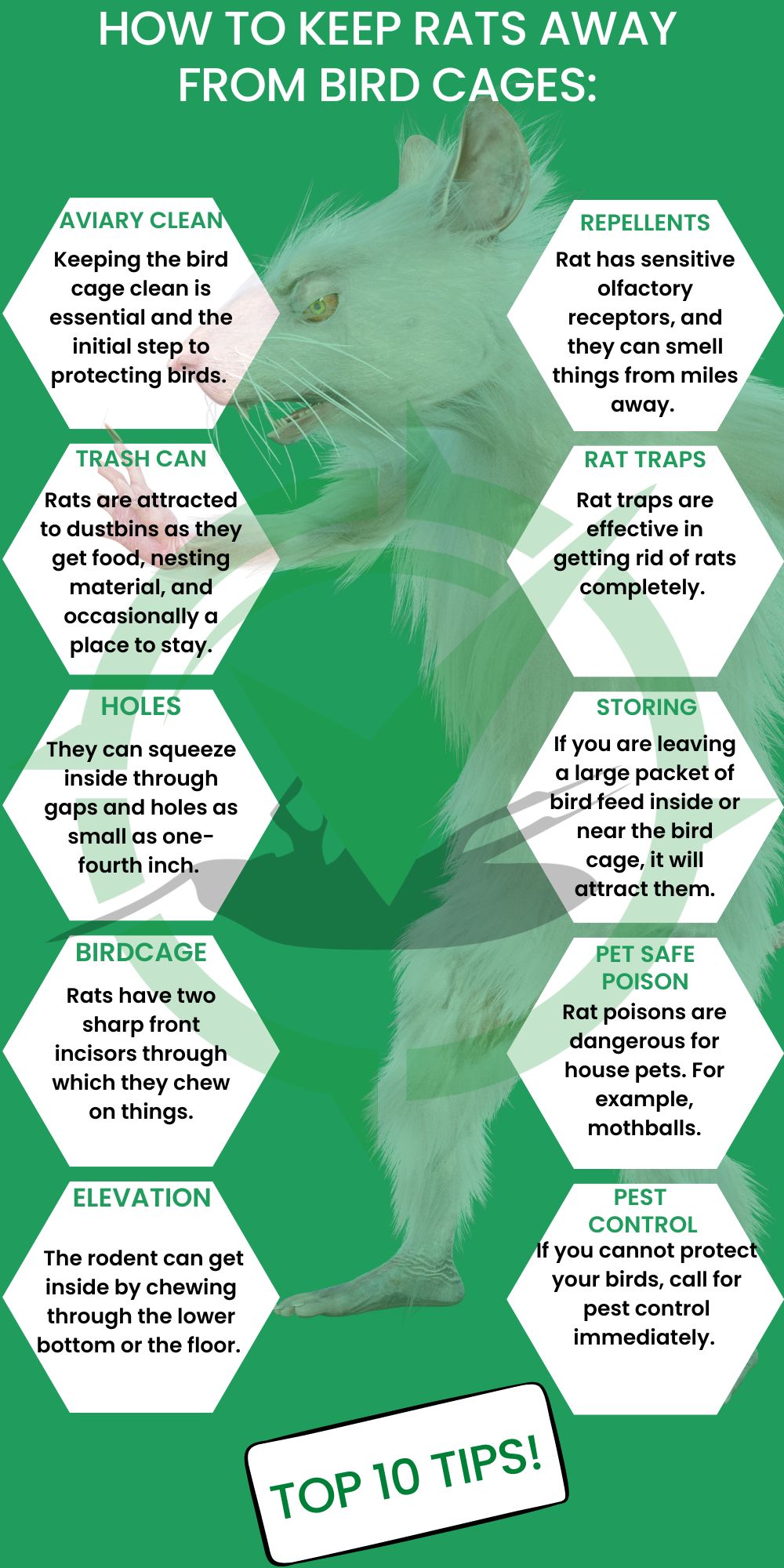
Measures To Keep Rats Away From Bird Cages?
Birds are vulnerable. A small animal like a bird can’t fight against rats. It is effortless for rats to get inside a birdcage and enjoy a feast on the bird feed or the bird itself.
Rat visits in the birdcage are dangerous in two ways. One rat can attack, kill and eat the birds. Secondly, rats carry many microorganisms which they shed in their scat. These infectious organisms can cause severe diseases in the birds. Therefore, read the tips carefully and follow them immediately to keep the birds safe.
Keep The Aviary Clean
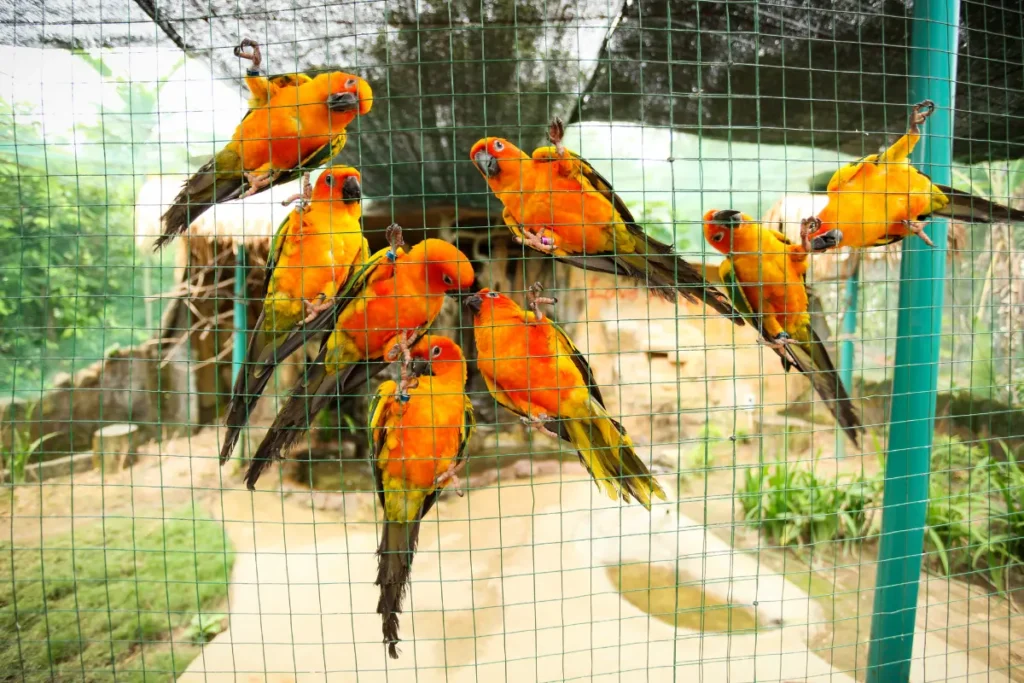
Keeping the bird cage clean is essential and the initial step to protecting birds. Not only do clean spaces provide a fresh environment for birds. It also keeps the rats away. Rats are filthy and are attracted to dirty and unkempt places. The shabby and uncleaned areas provide them with plenty of hiding space and food.
Clean the bird cage floor regularly. In the evening, remove the leftover bird feed and pick up the bird scat. It might sound surprising, but rats are disgusting and can eat bird scat. It is necessary to disinfect the bird cage daily or every alternate day.
Additionally, if you have hanged small bird house inside the cage, keep a check on them and clean them daily.
Do Not Place Dustbins Near The Cage
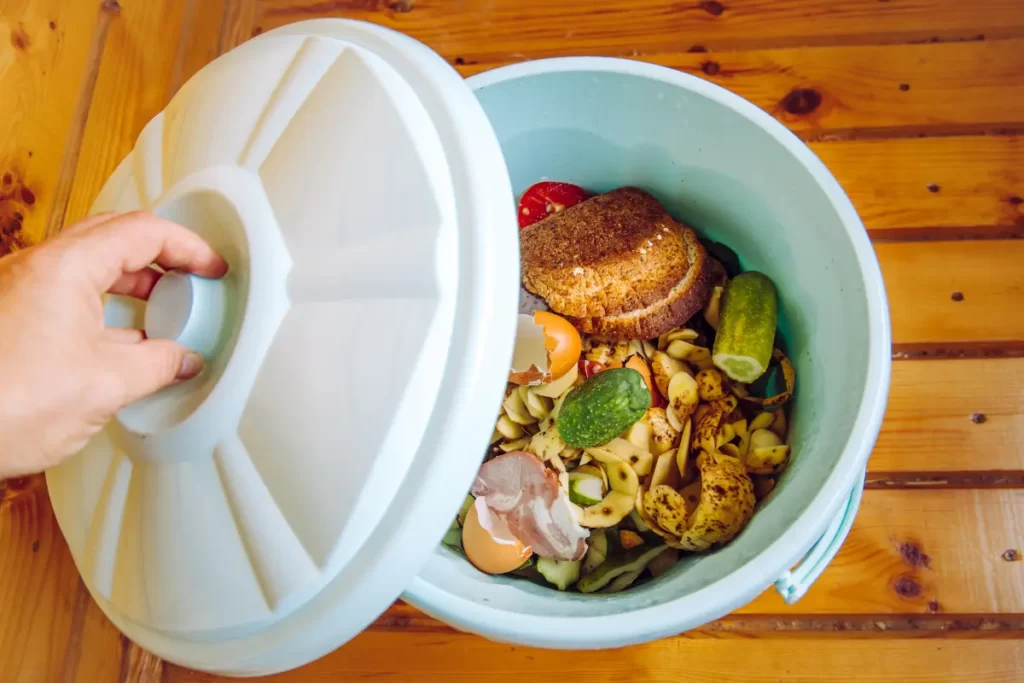
Never. I will emphasize again never place any trash or dustbins near your cage. It is a good idea to place dustbins and birdcages on the opposite sides of the house. Rats are attracted to dustbins as dustbins provide them with food, nesting material, and occasionally a place to stay.
Rats eat on the leftovers and other old food thrown in the dustbins. They also collect nesting material from the dustbins. When you place trash or dustbin next to the cage, rats can automatically move towards the birdcage for more food or for the rest. Therefore, putting your birds in danger.
Seal The Holes
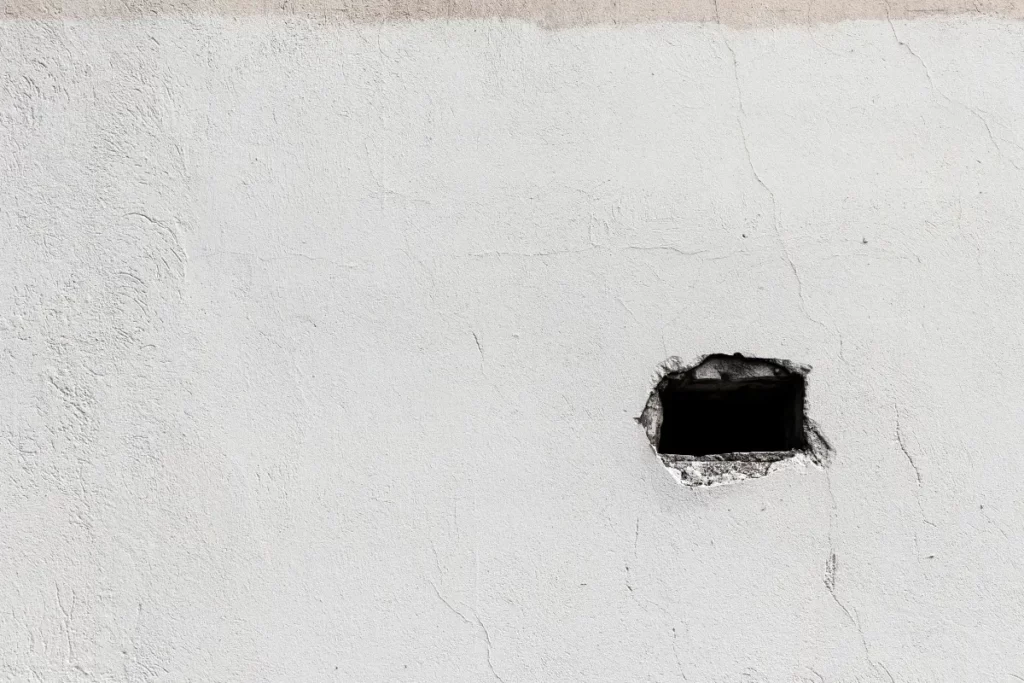
Rats can squeeze through tiny holes. They can squeeze inside through gaps and holes as small as one-fourth inch. If you find any gaps inside the cage, close them instantly. You can use half-inch thick metal cloth to seal the holes in the bird cage.
Using a thin metal cloth will have no impact on rats. Because rats are gnawing mammals and they can easily chew through many things. If you find holes in a bird cage at unusual places and these holes magically appear each morning, this is the sign of rat infestation.
Use Birdcage With Narrow Mesh

Before purchasing a birdcage, you must take care of all the small details, including the size and thickness of the mesh. Rats have two sharp front incisors through which they chew on things to prevent overgrowing of these front teeth. Rats can put these sharp incisors in anything, including mesh.
In some cases, they have chewed on birds and other small animals through the mesh. However, using narrower and thick mesh on the bird cage will make it impossible for rats to chew on it.
Ensure the mesh is small enough for bird feed to pass through it. Also, the mesh should be at least half-inch thick.
Keep The Birdcage Elevated
Rats crawl at night in search of food. The rodent can get inside by chewing through the lower bottom or the floor. To prevent rats from breaking into the birdcage, you can keep it at least three feet above the ground. Even though rats are good climbers, they are not good jumpers.
When a rat gets inside the cage by chewing the mesh, it will keep coming back. If possible, hang the birdcage from the tree branch or ceiling. Lifting the birdcage from the ground automatically decreases rat exposure.
Use Rat Repellents
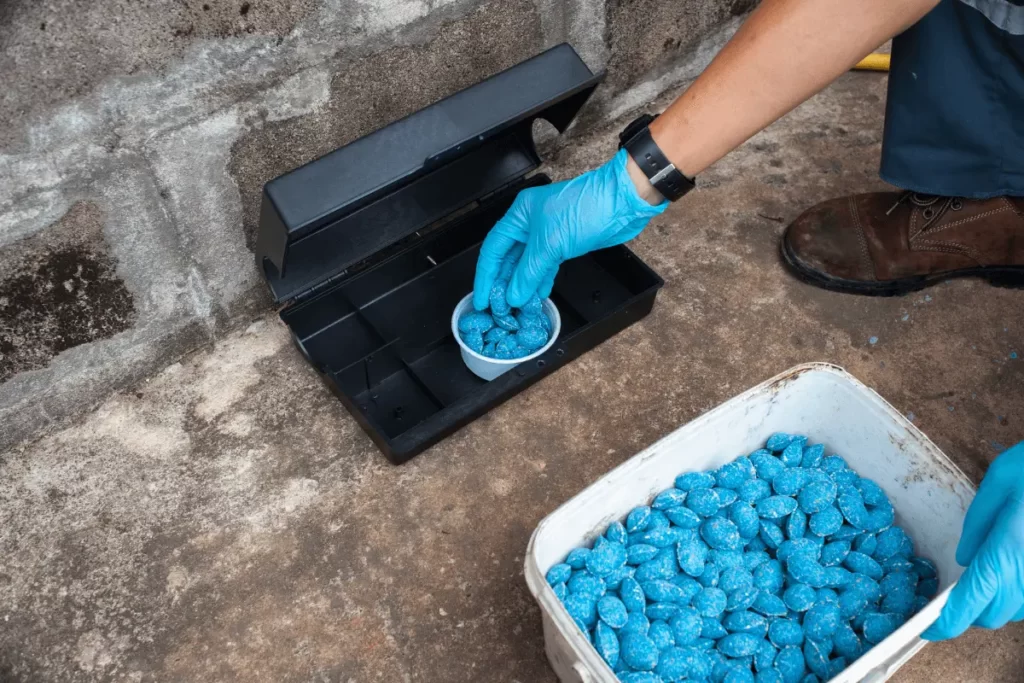
Rat has sensitive olfactory receptors, and they can smell things from miles away. Rats love the scent of the food items and will move towards it. Similarly, they hate smelling certain things and will never go near that area. These smells work as rat repellents. There are artificial and natural rat repellents.
Artificial rat repellent
You can purchase commercially made rat repellent spray from any local store. The famous and available rat repellents are dryer sheets and mothballs.
You can place dryer sheets near or inside the birdcages. The mothballs must be placed near the birdcage. Mothballs consist of naphthalene which is poisonous. Therefore, I recommend not to use mothballs if you have pets and children.
If a rat eats a mothball, it will die due to suffocation. You can also place ammonia and bleach rags near the cage, as rats despise their smell.
Natural rat repellent
There are certain plants that repel rats. These plants include lavender eucalyptus, garlic, lemon, onion, tomatoes, oregano, rosemary, pepper, marigold, and daffodils. Grow this plant in your yard and place a birdcage there. It will provide you with a clean environment and will also keep the birds safe.
Clean The Bird Feeder
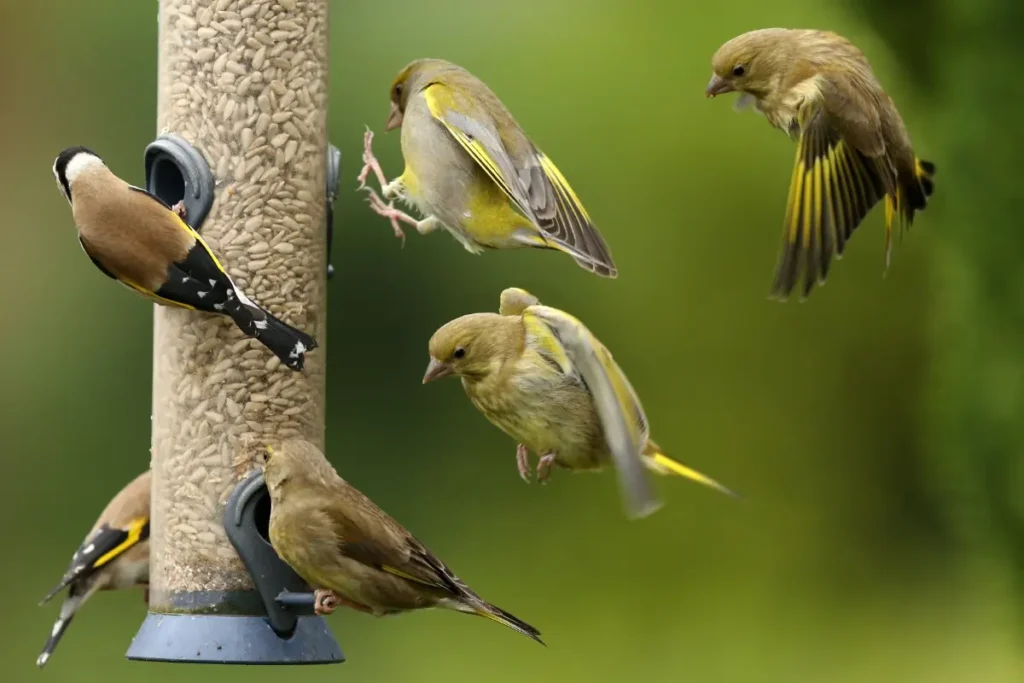
Cleaning the birdfeeder is equally essential to keep the rats away. Rats are attracted to food. They can smell food from feet away, if not miles away. Plus, they can get everything from grains to meat.
Rats can munch on bird feed. In fact, the main reason rats come near the bird cage is the smell of the grains. Rats can attack and kill birds while getting to their food. Birds are weak compared to rats and cannot possibly win in a fight against them.
Therefore, to keep your birds safe, regularly clean the bird feeder. Never leave the filled birdfeeder out in the bird cage at night, as rats search for food at night.
Place Rat Traps
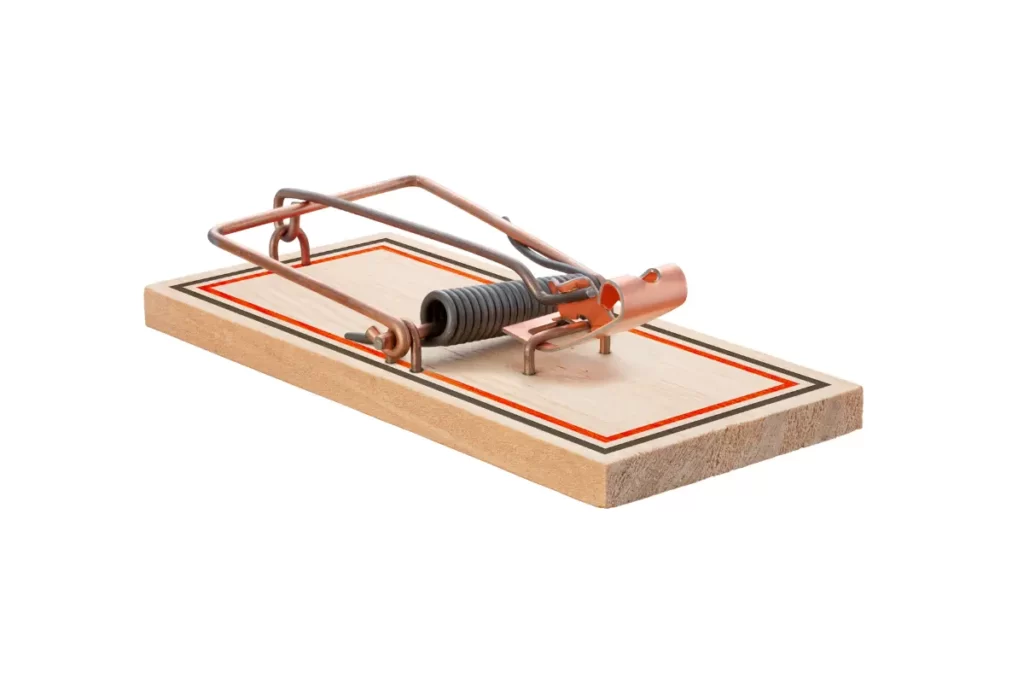
Rat traps are effective in getting rid of rats completely. Two of these rat traps are not suggested due to the brutal and painful killing of the animal. There are three types of rat traps, glue boards, snap traps and live traps. Glue board and snap trap will kill the rat within minutes, but this is the most inhumane way of killing any animal.
Snap traps are quick and will trap the rat within seconds. On the other hand, a rat will die on a glue board by getting stuck to the glue that peels off the skin leading to death.
A live trap is a safe way of getting rid of a rat. It traps the animal alive, and you can later release the animal far from your house.
Place rat traps at least near the bird cage and keep checking them after every few hours.
Protect The Birdcage From The Top
You might be focusing only on the bottom of the birdcage. However, you should know that rats are excellent climbers. When rats cannot inside the bottom of the birdcage, they will climb to the top. Rats can climb on the aviary top, chew through the mesh, and jump inside.
Therefore, protection of aviary from the top is necessary. Install a thick metal sheet on the top of the bird cage. It will protect birds from harsh weather conditions as well. Additionally, rats climbing on the top will drop their scat inside the aviary spreading disease to the birds.
Proper Storing Of Bird Feed
If you are taking good care of the bird cage but leaving a large packet of bird feed inside or near the bird cage, it will attract them. Proper storing of bird food is very important as rats can smell them. Store the bird’s food in heavy meat containers and place them inside the house or far from the bird cage.
Use Pet-safe Poison
Commercially available rat poisons are dangerous for house pets. For example, mothballs. But you can make rat poison using ingredients available at home. Rats cannot eat baking soda.
The maximum a rat can survive after eating baking soda is a week. To kill rats through baking soda, mix it with other food which attracts rats, like flour and peanut butter.
Mix two to three grams of baking soda with the bait and place it near the cage. Baking soda causes gas, and rats have no natural way of releasing gas. Therefore, causing acid accumulation in the body leading to death.
Change The Birdcage Place
An open area attracts more rats than a closed space. When you know about a rat infestation in your area, move the bird cage inside to a secured place. Changing place decreases rat visitation as it will take a long time for rats to figure out a new location.
Call Pest Control
Even after following all the tips mentioned above, you cannot protect your birds, call for pest control immediately. As it clearly indicates, your area and the house have a severe rat infestation, and you possibly cannot deal with this alone. Professionals will know all the methods to handle the annoying creature.
How Do I Keep rats Out Of My Parrot Cage?
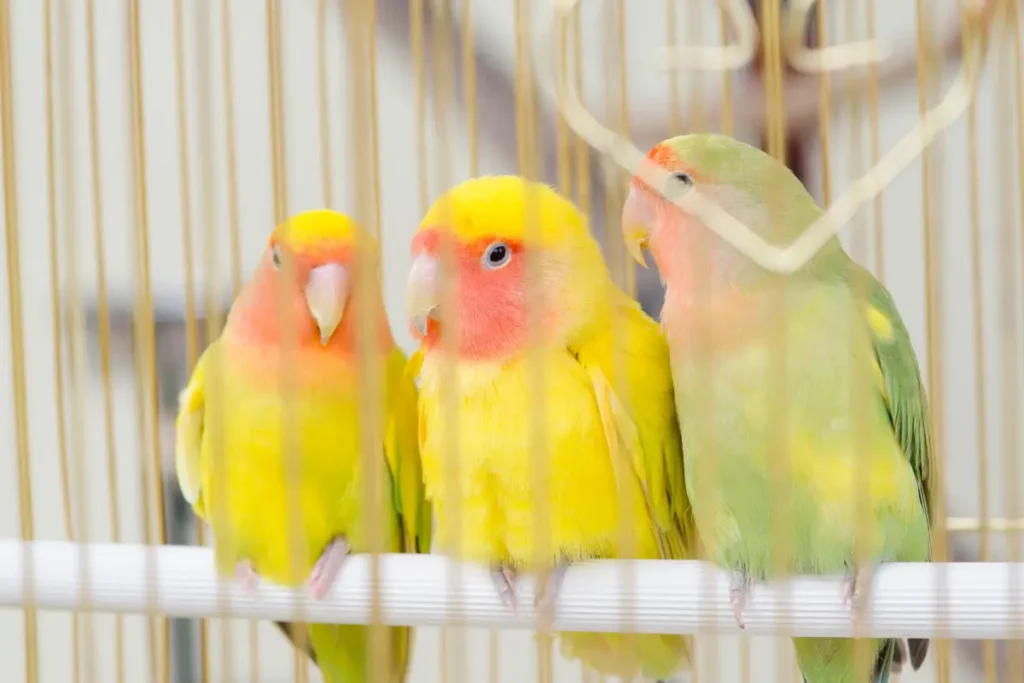
Elevating the birdcage above the ground will keep the rats out. Hang the parrot cage from its roof onto the wall, a branch, or the ceiling. Use a covered container to place the parrot food inside the bird cage.
Plus, never place the parrot cage near the food storage because your parrot can get killed by a rat if it comes in the way of the rat stealing the food. Look out for holes and gaps inside the parrot cage. When you find any tears or holes, seal them immediately.
Will The Smell Of Ammonia Keep Rats Away From The Birdcage?

Yes. The smell of ammonia will keep the rats away from the birdcage. Rats hate sharp-smelling compounds like ammonia as they have sensitive smell sense. They will not even come near the place with the ammonia. Some researchers state that ammonia can kill rats. To get rid of rats using ammonia, you can place a few ammonia-soaked fits of rage near the bird cage. An ammonia solution with water and detergent will be efficient as well.
Plus, Ammonia exposure during gestation in rats causes oxidative protein destruction in the infant rat brain and intellectual disability.
Do Pet Birds Attract Rats?
Yes. Pets, including birds, attract rats. More than the bird rat is attracted to its feed. Rats are keen eaters that can eat everything, including meat, vegetables, fruits, and grain. A bird can get killed by a rat if it tries to fight for food. Birds are vulnerable to one attack from a rat. They will be injured. It is necessary to keep the food out of the bird cage.
Can Birds Get Sick From Rats?
Rats are dangerous for birds because they will not only attack the birds alive but spread diseases that can make birds sick. Rats are a carrier of many infections which they shed in their droppings and urine.
If a bird comes in contact with the microorganisms in rats excretes, it can fall severely ill and spread it to other birds in the aviary. However, the chance of direct transmission of disease from rats to birds is less.
How To Keep Rats Away From Bird Cages indoors?
The chances of rat attack in the cage place indoors are less, but it is not impossible. Rats can sneak inside the house through holes in windows, doors, and walls.
When they cannot find a void in the house structure to get inside, rats can chew through the concrete wall. To protect birds in birdcages indoors, use rat traps. Rat traps are the most efficient way of getting rid of rats in a short time.
Conclusion
Following the measure mentioned in this article, you can get rid of rats within a few days. An essential key to keeping your birds safe is the regular cleaning of the bird cages and storing bird food far from the birdcage.
Birds are vulnerable, and a fight against rats for food will kill them. Rats have sharp claws and incisors that assist them in chewing through the metal mesh of the bird cage. That is why I recommend you to use a narrow and thick mesh cloth so rats cannot chew on it.
Experimental research published in 2020 by Diogo Dominguín and his colleagues on ammonia exposition impact in rats states that ammonia-exposed rats displayed lengthy cognitive damage.
